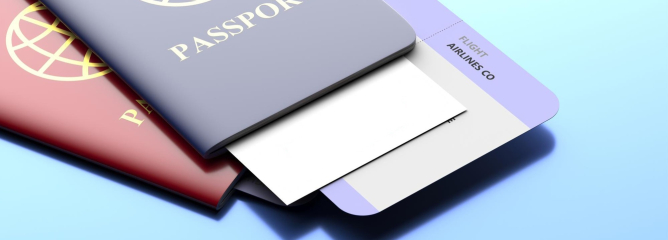
Burkina Faso is a country located in West Africa. A land state, and its borders are completely limited by land. It has no access to the sea. The capital, Ouagadougou, is the cultural, economic and political center of the country. It borders Mali, Niger, Benin, Togo, Ghana and Côte d'Ivoire. The form of government is a republic, the head of state is the president.
Climate. Subequatorial and savanna. Most of the country, including the central and northern regions, has a savannah climate. The dry season (November to April) is characterized by low rainfall and high temperatures, sometimes reaching over 40°C. The rainy season (May to October) brings heavy rainfall. The southern regions are dominated by a subequatorial climate with high humidity and high temperatures. There are two main seasons here: the rainy season (May - October) and the dry season (November - April).
Number. The population in 2023 was 22,489,126.
Language. It is a multilingual country and many languages are spoken on its territory. The official language is French. It is the official language and is used in government documents, education and business. Multilingualism is an important part of this country's cultural heritage, and different ethnic groups communicate in their own languages, maintaining a wealth of linguistic diversity.
Agriculture plays an important role in the country's economy, providing employment to a large part of the population. Major crops include corn, peanuts, and cotton. However, agriculture is vulnerable to climate change and insufficient infrastructure support.
The country has some mineral resources including gold, manganese and some other metals. The mining industry is an important source of income, but also faces security challenges and illegal mining.
Burkina Faso is an underdeveloped state. One of the poorest countries in the world. Many people live in poverty and lack access to clean water, adequate housing and healthcare. Many people struggle to find any kind of work to support themselves. Most children do not have access to schools. Many areas face shortages of medical equipment, medicines and qualified health workers. The country suffers from political and social instability, as well as threats from extremist groups.
Despite the challenges Burkina Faso faces, the country has its own unique character and cultural richness that can attract those interested in exploring new places and cultures. And like any country, it has a number of positive aspects and qualities that can attract attention and contribute to the well-being of the country. The locals are known for their friendliness and hospitality.
The country has a diverse natural heritage, including picturesque savannas, mountains and national parks. It is home to different ethnic groups, each of which contributes to the diversity of cultural traditions, languages and religions. Rural life in Burkina Faso is an authentic experience, allowing you to learn more about traditional farming methods and crafts.
